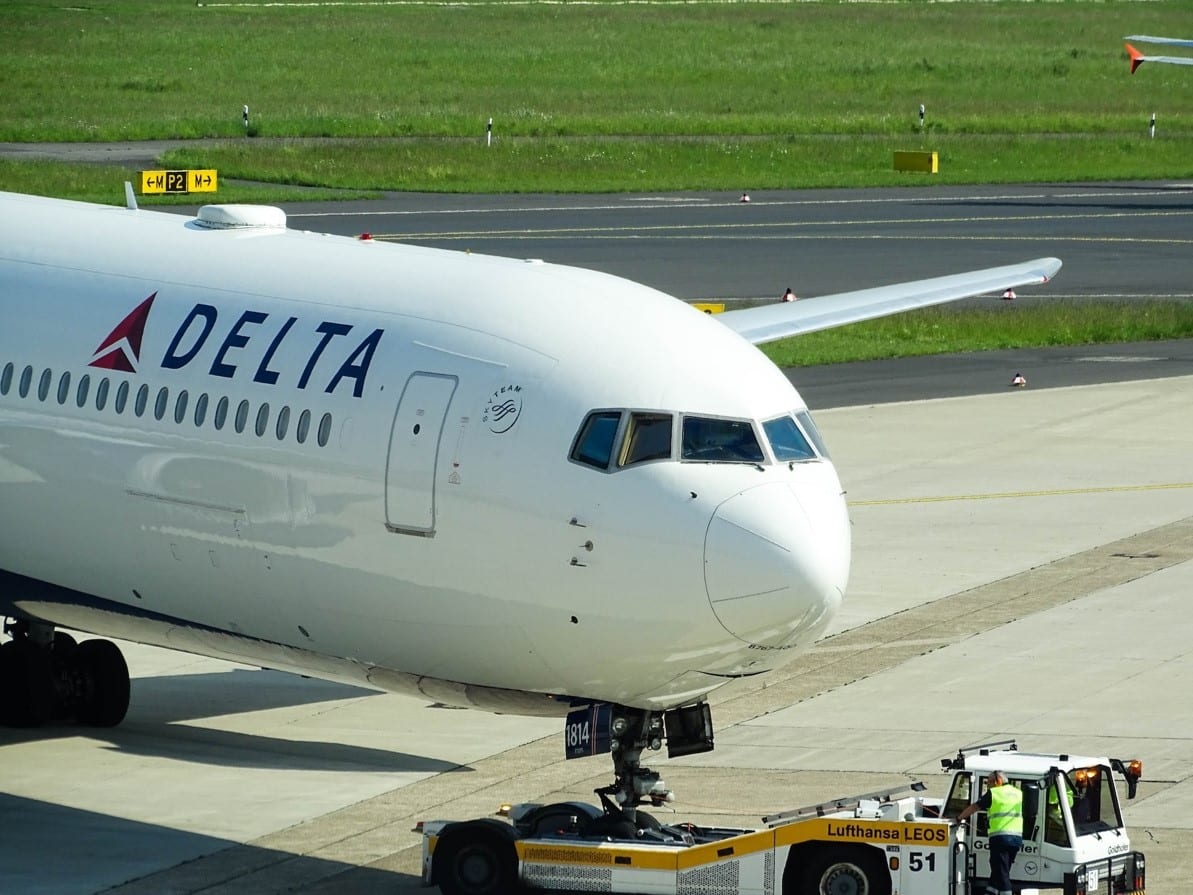Company: Burger King Corporation
CEO: Jose Cil
Founder: Jim McLamore and David Edgerton.
Year founded: 1953
Headquarters: Miami, Florida, U.S.A.
Employees: 35,000+
Annual Revenue (FY2019): US$1.78 Billion
Products & Services: Whopper | BK Chicken Fries | Onion Ring | Chicken Nugget | Burger King Double Whopper | Hash Browns | Crispy Fried Chicken | Deliveries
Competitors: McDonald’s | Domino’s Pizza | KFC | Subway | Starbucks | Dunkin Donuts | Taco Bell | Chipotle | Wendy’s | Pizza Hut | Papa John’s Pizza
Fun Fact: Did you know that Burger King officially created the Whopper in 1957 but only introduced its plant-based version in 2019?
Burger King has operated for over 65 years in the fast-food industry. From humble beginnings in Florida to become one of the biggest fast-food chains in the world, Burger King SWOT analysis can enhance understanding of what it takes to succeed in business.
Here is the Burger King SWOT analysis.
Burger King’s Strengths
- Global Presence: Burger King has 18,838 stores spread across about 100 countries worldwide. It is the sixth-largest fast-food chain in the world and servers over 10 million customers per day. The chain’s strong global presence is undeniably a major strength.
- Effective Strategies: Companies that employ effective management strategies always find ways to rejuvenate and stay in touch with the trends in the market. After stagnating for years, Burger King appointed 32-year-old Daniel Schwartz as CEO to transform the chain into something cool. The young and creative CEO rejuvenated and turned it around within a few years.
- Strong Franchising Model: Currently, 90% of Burger King is franchised with over 15,000 outlets being owned by franchisees. To own its franchise, you only have to pay a $45,000 franchise fee and a minimum initial investment of $317,100. It is the most affordable franchise.
- Wide Variety: Burger King offers a variety of local and international menu items to cater to any traveler away from home. From bacon-studded buns to plant-based Whoppers, grilled burgers, taro-filled pies, poutine-covered fries, beverages, desserts, Chicken items, and many more, it is preferred for its wide selection.
- Innovative Offerings: Burger King always reinvents and rejuvenates itself with new and highly innovative offerings. It introduced plant-based sandwiches called Impossible Whopper, which attracted new customers and helped the company to beat 2nd quarter profit expectations in 2019.
- Ingenious Marketing: Effective marketing should shake the viewer to the core and stays with them forever. Burger King recently released a repulsive ad showing a preservative-free burger deteriorating over 34 days. This attention-grabbing ad ensures that consumers always recognize the brand for being all-natural.
- Healthier than Competitors: While Burger King is not yet the healthiest food source in the market, it offers healthier options than competitors.
Burger King’s Weaknesses
- Overdependence on US Market: About 44.0% of Burger King’s restaurants are based in the US and contributed $9.2 billion of its revenue. This exposes nearly half of the company’s revenue stream to any challenges in the US market.
- Misleading Ads: In the current health-conscious society, misleading ads about the ingredients of products erode trust and turn away customers. Burger King was recently reprimanded for implying that its Whopper is vegan-suitable, yet it prepared with egg-based mayonnaise.
- Over-Franchising: Even though Burger King’s franchises have been effectively managed so far, rapid franchising weakens the sustainability of the model. For instance, Subway’s conflict with its franchise owners highlights what’s in store for Burger King.
- Lack of Stability: Any time the ownership and leadership of a business changes hands, continuity of its operations are disrupted. The ownership of Burger King has changed hands over 6 times with Restaurant Brands International taking ownership a few years back.
- Negative Publicity and Controversies: From feeding its customers horsemeat to offering non-vegan Whoppers to vegans, and many more, each controversy and negative publicity erode the trust of customers further.
- Low Value: More customers are seeking value for their money. Unfortunately, Burger King offers low value from the cheapest to the most expensive burger. This is why it does not have a loyal customer base and its customers can eat at competitors if it is more convenient.
Burger King’s Opportunities
- Strengthen Market Presence: Having a strong market presence ensures every customer can access an outlet instead of going to a competitor. Burger King understands the opportunities offered by having more outlets is aims to expand from 26,000 to 40,000 restaurants.
- Increase Plant-based Options: Burger King’s earnings increased by nearly 30% after launching a healthier sandwich known as Impossible Whopper. The company can exploit the ever-increasing demand for healthier foods by increasing plant-based options in its menu.
- Diversify Portfolio: Instead of focusing primarily on the restaurant business, Burger King can diversify its portfolio beyond the sector. For instance, it can open a grocery business instead of relying on other stores to distribute its plant-based Whoppers.
- Focus on Emerging Economies: From Asia to Africa, the Middle East, and Latin America, emerging economies offer unsaturated markets and a high potential for growth.
- Burger King is asking to order from McDonald’s: During the pandemic, in an attempt to revive the restaurant industry, Burger King has sent out a tweet asking customers to order from McDonald’s.
Here is a tweet from Burger King UK:
Burger King’s Threats
- Global Recession: Even though food is essential, customers usually reduce eating out in times of economic hardship. Already, some Burger King franchisees have declared bankruptcy or are going into receivership.
- Stiff Competition: From McDonald’s, KFC, Subway, Dominos, and many more, Burger King is facing stiff competition at home and abroad. It is engaged in fierce ‘Burger Wars’ with its market share, profitability, and sustainability on the line.
- Rising Health-Consciousness: The number of health-conscious consumers is increasing rapidly yet most of the foods offered by Burger King contain fats, animal products, and are categorized as unhealthy. If a competitor offers healthier options, health-consciousness customers can mass migrate from Burger King in an instant.
- Strict Regulations: Governments across the world are struggling to bear the costs of treating and managing lifestyle diseases linked to unhealthy food Authorities can enact regulations targeting fast-food chains like Burger King to reduce unhealthy foods.
- Increasing Prices of Farm Products: The increase in population coupled with rapid urbanization is increasing demand for fresh farm products while supply is decreasing. The scarcity of fresh beef has increased prices, which threatens Burger King’s profits and sustainability.
- Global Pandemic: Any business that requires its customers to venture out of their homes and consume in public spaces is vulnerable to the pandemic. Some Burger King franchisees have gone under while others are struggling to make enough to pay rent.
References
- Lock, S. (2020, February 24). The number of Burger King Restaurants worldwide 2009-2019. Statista.
- Sorvino, C. (2019, April 8). Whopper Of A Turnaround: At Burger King, The 3G Capital Model Actually Worked. Forbes.
- Majaski, C. (2019, June 25). McDonald’s vs. Burger King: What’s the Difference? Investopedia.
- Burke, I. (2019, August 18). 13 of the wildest international Burger King menu items. Insider
- Sarkar, A. (2019, August 2). Burger King owner dishes up profit beat as new products boost traffic. Reuters.
- Dan, A. (2020, February 21). Can Burger King Sell Fast Food With This Baffling, Repulsive Ad. Forbes
- Blumberg, O. P. (2019, January 17). How to Eat Healthy at Burger King. Oprah Magazine
- Maze, J. (2018, October 24). Burger King’s Owner finds the U.S. a tough Market. Restaurant Business Online.
- Sweney, M. (2020, April 15). A whopper? Watchdog bans ads for Burger King ‘vegan-suitable’ Rebel. The Guardian.
- Kosman, J. (2019, December 1). New Subway CEO draws criticism from franchise owners over price cuts. New York Post.
- Klein, D. (2019, January 1). Burger King Parent Names New CEO, Shakes Up Leadership. QSR Magazine
- Heasman, C. (2019, December 6). Scandals that Burger King can never live down. Mashed
- Jiang, I. (2019, October 13). I compared Burger King’s cheapest burger with its most expensive and found they both offer poor value. Business Insider.
- Arrojas, M. (2019, May 15). Burger King’s parent aims to expand to 40,000 restaurants. Biz Journal.
- Webber, J. (2019, November 9). Burger King’s Earnings Skyrocket nearly 30% since Vegan Whopper Launch. Live Kindly
- James, L. (2019, September 19). Impossible Burger To Finally Make Its Grocery Store Debut—But Will Excitement Match Its Burger King Launch? Forbes
- Shore, D. (2019, January 2). Burger King sees “huge opportunity” in African markets. Sagaci Research.
- Business Editor (2020, April 14). Owners of fast-food chain Burger King go into receivership. Radio New Zealand
- Simpson, F. (2019, May 3). Burger Wars: How Burger King Is Taunting Its Biggest Rival Again. Forbes
- Mariah Venice A. M. (2019, March 6). Health-Conscious Consumers and the Demand for Holistic Nutrition. Bold Business
- Charles, S. (2019, January 16). Junk food ads disproportionately target black and Hispanic kids, study finds. NBC News
- Maze, J. (2020, May 01). For some Chains, Supplies of Fresh Ground Beef Shrink, and Price Soar. Restaurant Business Online.
- Read, S. (2020, April 21). Coronavirus: We haven’t paid our rent, says Burger King’s boss. BBC
- Featured Image by Yusuf Evli on Unsplash
Tell us what you think? Did you find this article interesting?
Share your thoughts and experiences in the comments section below.












Add comment